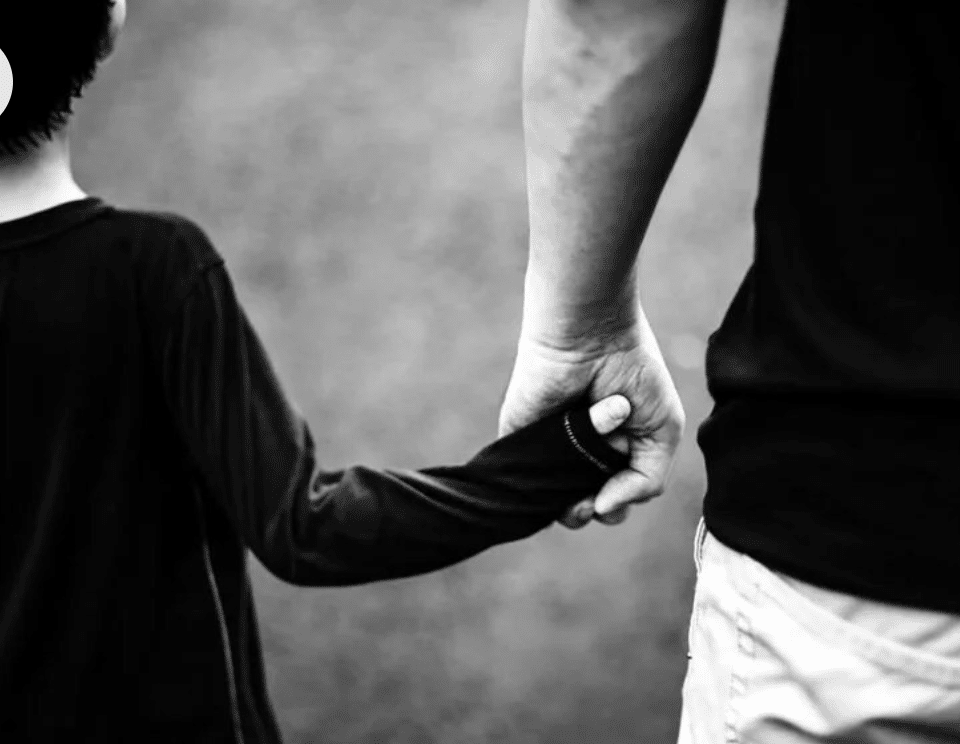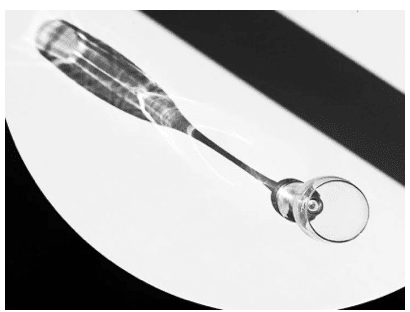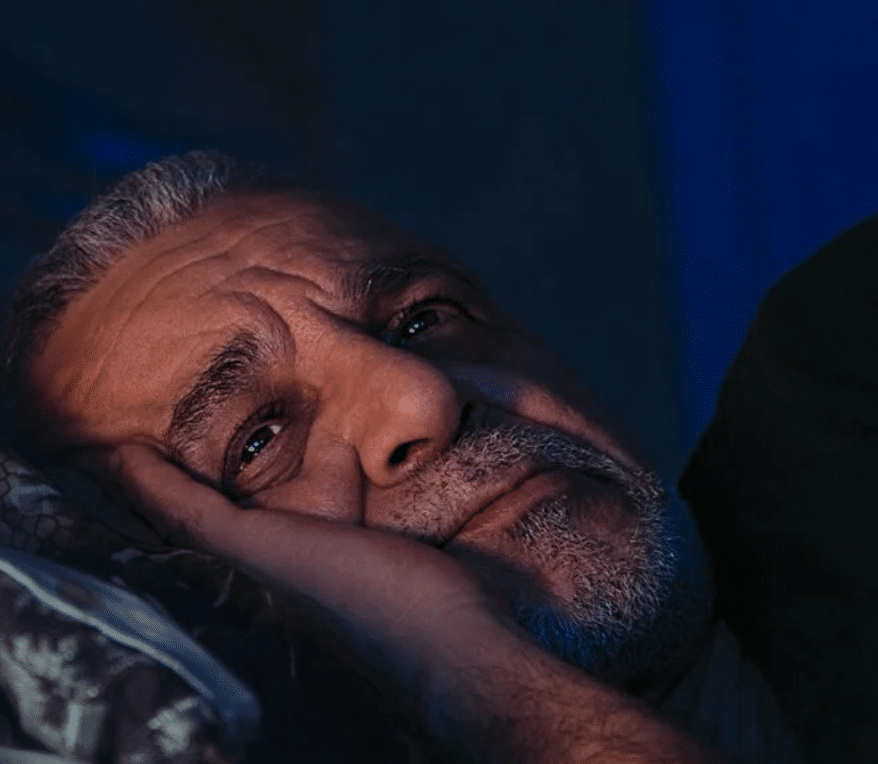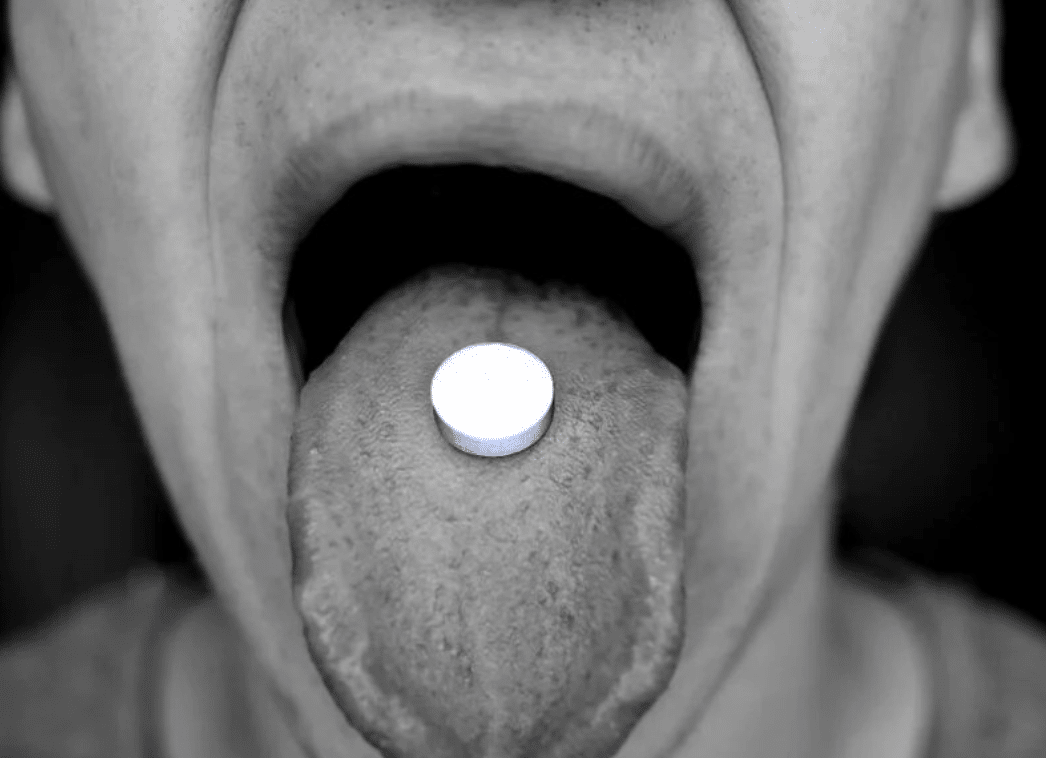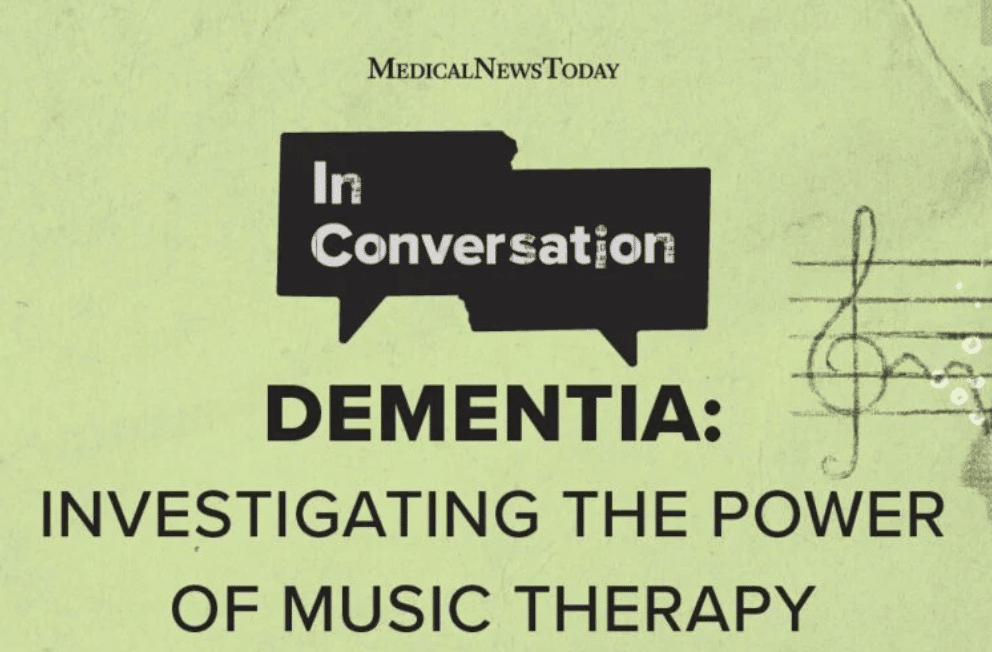Patients with chronic migraines suffer from as much social stigma as people with epilepsy, according to a study conducted by researchers from Thomas Jefferson University Hospital, Rutgers University and published in the journal PLOS ONE.
Social stigma refers to people experiencing social disapproval because they are different, whether visibly (such as from a physical mark) or invisibly (such as migraines). Stigmas has been shown to harm people’s state of mind, personal relationships and work prospects.
“When people treat my patients as if they are to blame because they have a severe, debilitating disease, they are contributing to the problem and making life harder for them,” lead researcher William B. Young said.
Migraines are a chronic health condition characterized by a combination of severe headaches, nausea, light sensitivity and other factors.
The researchers surveyed 123 people who suffered from episodic migraines, 123 who suffered from chronic migraines, and 62 who suffered from epilepsy. For the purposes of the study, episodic migraines were defined as 14 or fewer headaches per month, while chronic migraine was defined as more than 14 headaches per month, with a minimum of eight classified as migraine episodes.
All participants were recruited from the Jefferson Headache Center and the Jefferson Comprehensive Epilepsy Center in Philadelphia between October 2009 and July 2011. Each participant was ranked on a scale designed to rate stigma associated with chronic illness. Epilepsy was used for comparison because the stigma associated with that illness has been well studied.
The researchers found that participants with chronic migraines scored higher on the stigma scale than epilepsy patients, who scored higher than participants with episodic migraines.
Inability to work
The researchers attributed the greater stigma experienced by people with chronic migraines to the fact that their disability is more likely to make them miss work than epilepsy is. Many migraine sufferers, in fact, may need bed rest for several hours in the middle of the day, several times a month. Among those at Young’s clinic, one quarter are unable to hold a job due to their disability. Even greater numbers experience severe headaches on an almost daily basis, and many suffer from severe depression and suicidal thoughts.
“I don’t think people realize that it is not unusual for people with migraine to have severe headaches every day – to be so disabled that they are unable to work,” Young said. “This is what causes the stigma.”
Indeed, when the researchers adjusted for the impact of disability, the stigma of chronic migraines became roughly equivalent to stigma of epilepsy.
“This study is providing evidence for what we all sort of knew was the case,” said Noah Rosen, director of the Headache Center at the Cushing Neuroscience Institute in Manhasset, N.Y., who was not involved in the study.
Rosen noted that the notion that a migraine is “just a headache” and not a true disability also hampers efforts to better study migraines and find new treatments.
“It’s not getting the recognition it really should, given the prevalence and disability associated with it,” he said.
How many pounds have you lost this week? At Dieta Efectiva you can lose 10-12 lbs your first week and 2-5 lbs every week after. Visit us dietaefectiva.net to learn more about our program.
NN:DT


